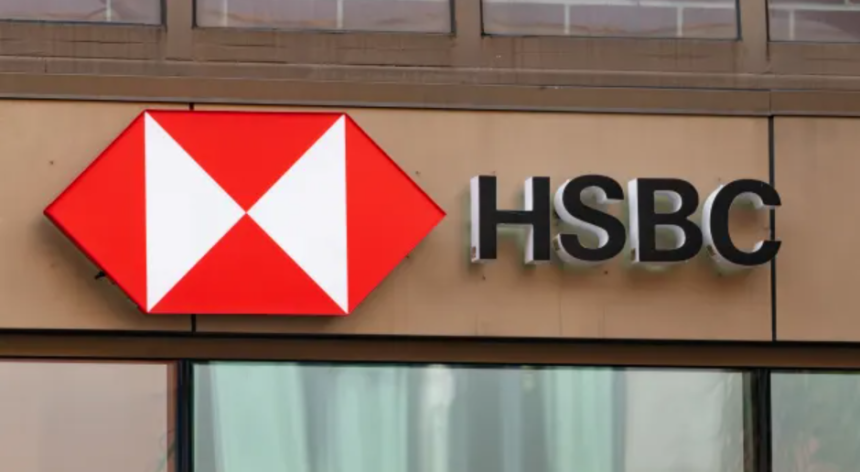HSBC’s earnings after tax for the three months ending September was $6.26 billion, up 235% from $2.66 billion in the same time last year.
- IMPORTANT NOTES
- HSBC’s earnings after tax for the three months ending September was $6.26 billion, up 235% from $2.66 billion in the same time last year.
- Profit before taxes increased by $4.5 billion to $7.7 billion in the third quarter, owing primarily to a higher interest rate environment.
- Revenue increased to $7.71 billion in the third quarter, up from $3.23 billion the previous year.
Profit before tax for the quarter increased by $4.5 billion to $7.7 billion, owing primarily to a higher interest rate environment. However, the results fell short of economists’ estimates, who predicted a third-quarter profit after tax of $6.42 billion and a profit before tax of $8.1 billion. According to HSBC, the increase is due in part to a $2.3 billion impairment in the third quarter of 2022 related to the anticipated sale of its retail banking business in France. $2.1 billion of that was reversed in the first quarter of 2023 as the transaction’s completion became less assured.
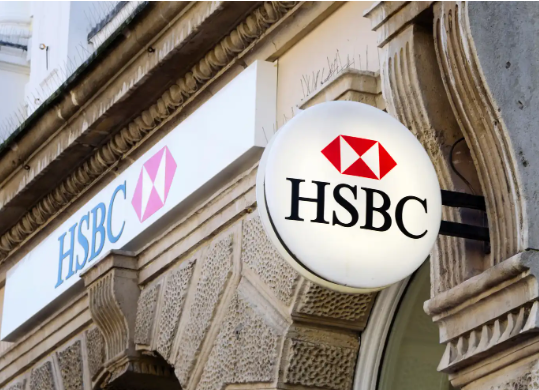
“We now expect to reclassify these operations to held for sale in 4Q23, at which point the impairment would be reinstated,” the company added. Revenue increased to $7.71 billion in the third quarter, up from $3.23 billion the previous year. HSBC attributed this to the rising interest rate environment as well, stating that it has supported net interest income growth across all of its global operations.
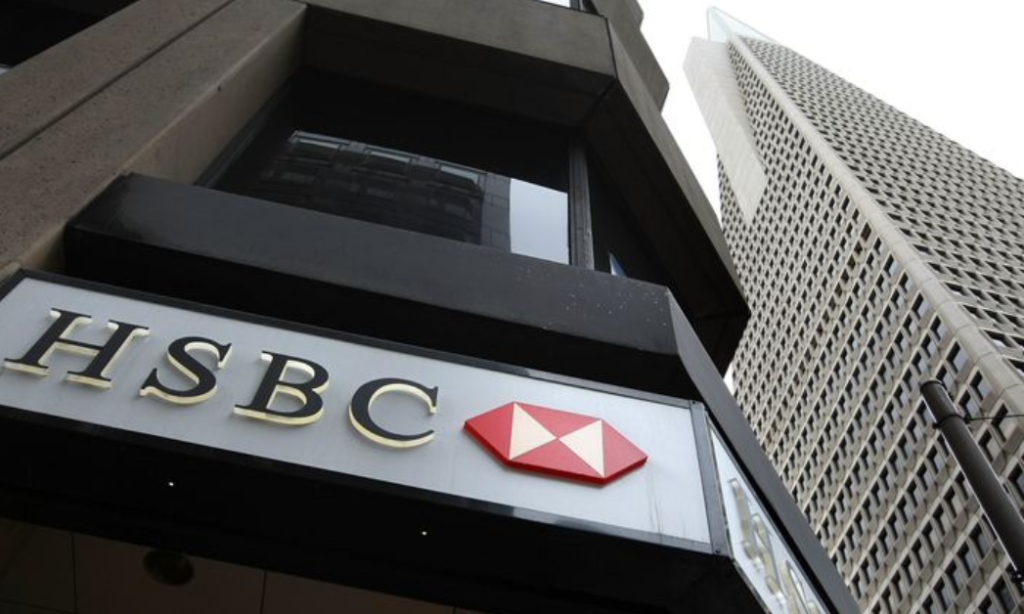
The net interest margin – a measure of lending profitability — was 1.7%, up 19 basis points year on year and exceeding expectations of 1.68%. NIM, on the other hand, declined two basis points from the previous quarter. According to HSBC, this indicated an increase in clients shifting deposits to term products, particularly in Asia. Profit after tax for the nine months ending September was $24.33 billion, up from $11.59 billion in the first nine months of 2022. Following the announcement, HSBC’s Hong Kong-listed shares increased 0.43%.
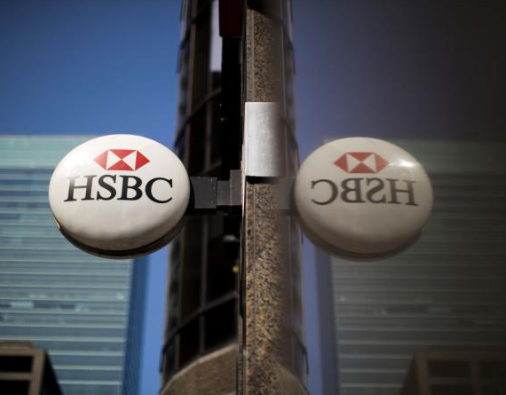
Based on the findings, the bank’s board of directors recommended a third interim dividend of 10 cents per share. HSBC also announced a new share buy-back program worth up to $3 billion, which will begin “shortly” and be completed by the company’s full-year results report on Feb. 21, 2024.
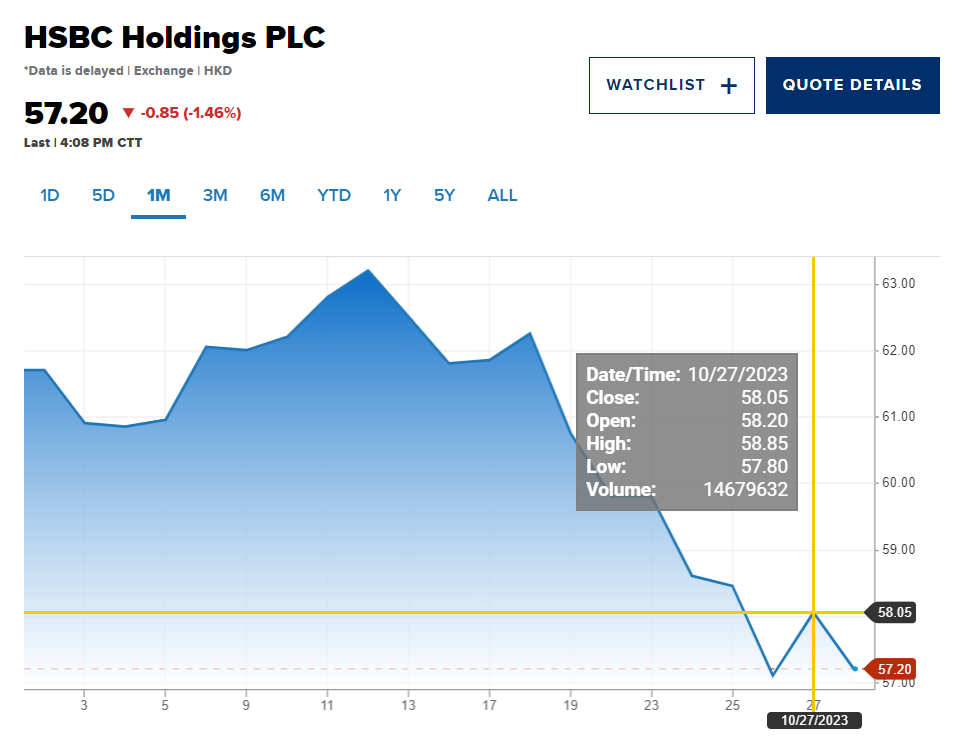
“We are pleased to reward our shareholders once more.” “We have now announced three share buybacks totaling up to $7 billion in 2023, as well as three quarterly dividends totaling $0.30 per share,” stated group CEO Noel Quinn in a statement. “This underlines the substantial distribution capacity that we have, even as we continue to invest in growth.”
According to the bank, the buyback will have a 0.4 percentage point impact on its common equity tier 1 capital ratio, or CET1 ratio. The CET1 ratio measures European banks’ financial resilience. HSBC aims to cut its CET1 ratio to between 14% and 14.5% in the future, down from 14.9% currently. It reported that, excluding substantial notable factors, its dividend payout ratio for 2023 and 2024 is 50%.
Frequently asked questions
What does the HSBC stand for?
The Hongkong and Shanghai Banking Corporation Limited, which was founded in 1865 to support the booming trade between Europe, India, and China, inspired the name HSBC.
Is HSBC owned by China or UK?
The Hongkong and Shanghai Banking Corporation Limited, a founding member of the HSBC Group, owns it. The HSBC Group was founded in Hong Kong and Shanghai in 1865. HSBC China absorbed its parent’s former Mainland offices.
What is HSBC famous for?
It is one of the major banking and financial services organizations in the world.
Also Read: McDonald’s Earnings: McDonald’s Income Rises 14% As Price Increases Boost US Sales
image source: google







